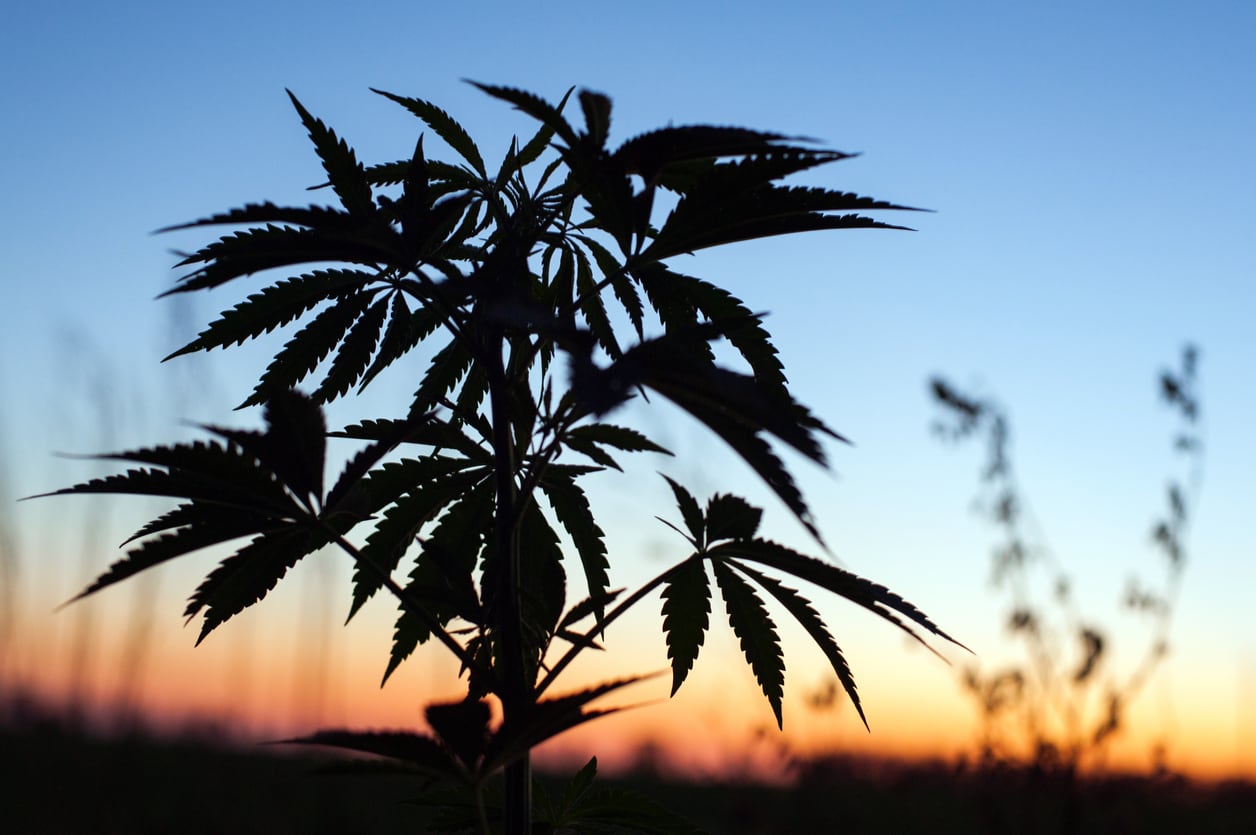The removal of these products continues the UK’s trajectory to push non-compliant CBD businesses out, yet as Dr. Mark Tallon, managing partner at the Legal Products Group told NutraIngredients, the exact reason(s) for their removal is as of yet unknown.
They may not have been on the market before Feb. 13, 2020, or they may not have been included in a dossier submitted to the regulated products division of the FSA for approval, he explained.
However, the FSA runs the risk of legal action from affected companies, as the products in question do not qualify for protection under the “tolerance” policy while undergoing novel foods approval, Tallon added.
Can UK businesses sell CBD products?
As it stands, CBD products are not permitted for sale in the UK unless there has been some agreement with local authorities for the sell-through of existing stocks.
Across the EU, all CBD products are considered as novel by the EU Commission, and are therefore illegal for sale without prior authorization as a novel food.
However, some markets such as the UK, tolerate their sale with minimal enforcement, explained Tallon.
And it is his belief that if the European Food Safety Authority (EFSA) “continues assessing products like medicines, as the UK does”, Europe’s CBD market will disregard legislation and turn to illegal sales.
The issue, he said, is that the health claims regulation currently creates barriers so high that the average business cannot overcome them, leading companies to disregard compliance efforts entirely.
Despite the UK’s regulatory independence after Brexit, EFSA continues to indirectly impact the FSA, as research-based rulings made in Europe can guide UK policy decisions.
Dr. Tallon added that the expected update from EFSA on its gap analysis regarding the safety of CBD could bring some changes, however, he is not optimistic, explaining that the deeper issues are surrounding narcotics legislation, which remains a barrier regardless of the Court of Justice of the European Union (CJEU) rulings.
For context, in 2020, the CJEU determined that CBD is not a narcotic drug under EU law, and restrictions on its free movement within the EU must be justified by legitimate public health concerns.
Tallon also added that there is additional confusion between CBD and pharmaceutical products like Epidiolex (an FDA-approved CBD-based medication for severe childhood epilepsy), further complicating regulatory progress.
CBD safety debate
CBD is widely consumed in non-medicinal products like CBD oils (5% to 40% CBD in edible oil) and edibles such as beverages, cookies and sweets— mainly for pain relief, relaxation, sleep aid and anxiety.
Unlike the psychoactive tetrahydrocannabinol (THC), CBD does not induce euphoria or altered perception. Manufacturers extract CBD from low-THC hemp using various methods, which can influence cannabinoid profiles and biological effects, however, many CBD oils contain detectable levels of THC (0.1% to 0.3%), which may sometimes exceed safe limits.
However, according to Dr. Tallon, the removal demonstrates a “fundamental ignorance over the principles of toxicology.”
He said that regulators have failed to consider that consumers have been using CBD at doses far exceeding the UK’s current acceptable daily intake (ADI) of 10 mg, with some EU member states allowing over 100 mg per day.
Additionally, authorities reportedly rely heavily on animal model data while disregarding the absence of reported adverse effects in both idiopathic and vulnerable populations.
“If we were to see such issues, where are the mass influx of case studies or outbreaks of confirmed CBD toxicity? We don’t see it,” Dr. Tallon said.
“Despite this, safety regulators like the FSA and EFSA continue to apply an overly strict assessment approach, one not seen in evaluations of other isolated substances, especially since full extracts are not yet under review.”
CBD safety, benefits and risks
The concern among regulatory bodies appears to be that the consumption of CBD-containing foods and food supplements may not provide substantiated health benefits and may even pose a health risk to consumers.
A recent review published in the journal Nutrients and conducted by researchers across Germany, Switzerland and Luxembourg, assessed data on CBD’s adverse and potential beneficial effects at doses relevant to food consumption.
The research group from the German Research Foundation’s Permanent Senate Commission on Food Safety (SKLM), found that administering 4.3 mg CBD/kg body weight per day or more for 3 to 4 weeks increased liver enzyme activity in healthy volunteers.
However as there was insufficient data on CBD intake at lower doses, the researchers could not establish a no observed adverse effect level and identified 4.3 mg/kg bw/day as the lowest observed adverse effect level (LOAEL).
By analyzing CBD product content and dose recommendations, the SKLM determined that typical consumption, such as 30 drops of 20% CBD oil, could easily reach or exceed this LOAEL for liver toxicity.
They also concluded that there was very limited scientific evidence for the potential health benefits at or below this dose, related to physical performance, cardiovascular, immune and nervous system function, anxiety, relaxation, stress, sleep, pain or menstrual health.
However, as Dr. Tallon explained, any substance poses a hazard, and there is always some level of risk—the key is how risk is managed.
“We mitigate against the risk using risk assessment and relevant labeling,” he said.
“However so far, the FSA and the Advisory Committee on Novel Foods and Processes (ACNFP) have ignored these factors.”
In his view, if a child, pregnant woman, or someone with a weakened immune system is vulnerable, a clear label warning them not to use the product is sufficient, however, these concerns should not lead to unnecessarily lowering the dose for the entire healthy population.
“We believe the ADI will restrict the approval of any claims because no peer-reviewed human studies have proven its effectiveness,” Tallon said.
Source: Nutrients 2025, 17(3), 489. doi: 10.3390/nu17030489. “Cannabidiol in Foods and Food Supplements: Evaluation of Health Risks and Health Claims”. Authors: Engeli, B. E. et al.


